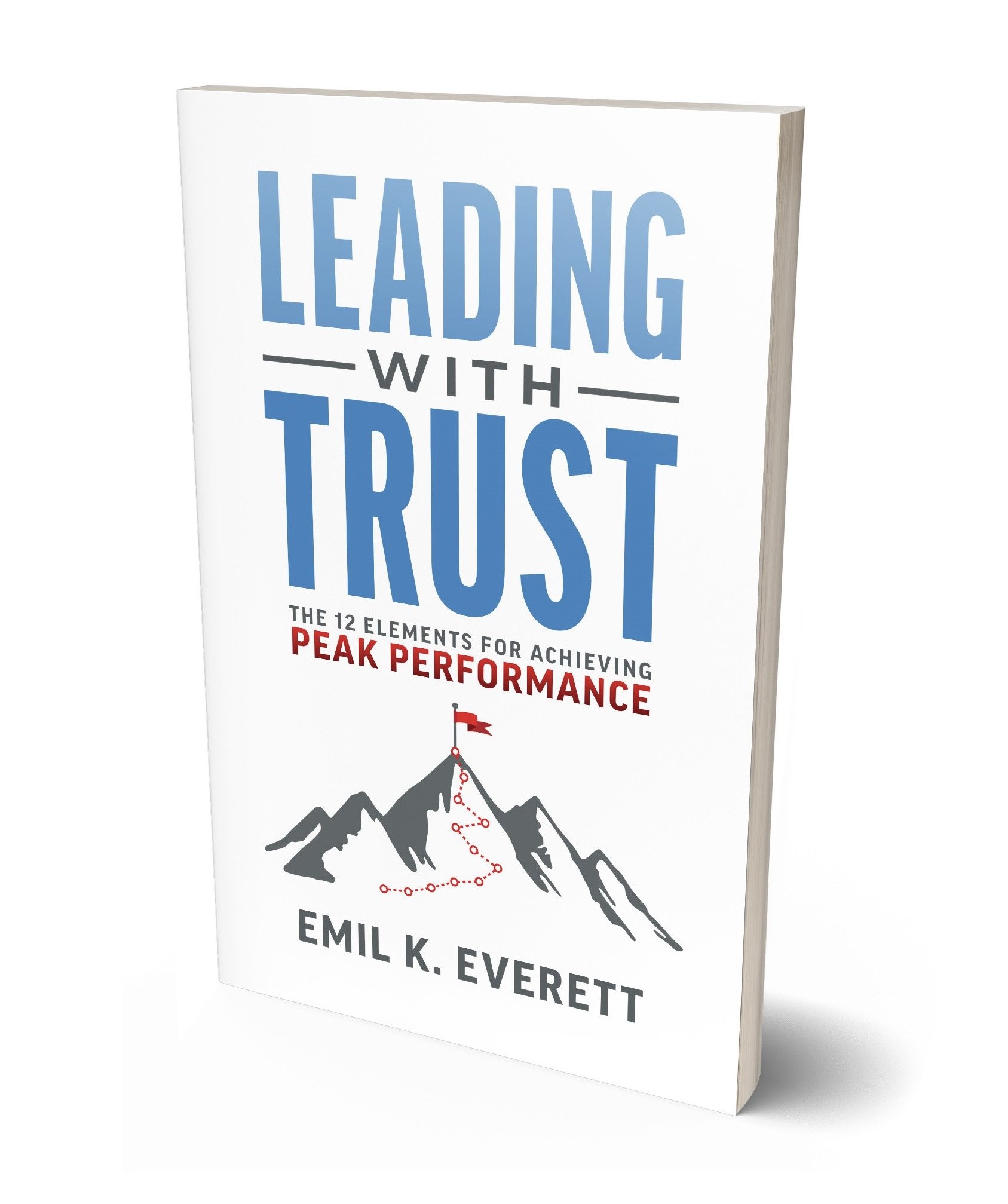Embracing an Economic Recession
Economic recessions are often viewed with fear and uncertainty by businesses and individuals alike. They bring about layoffs, declining consumer spending, and financial instability. However, amidst the challenges and hardships, there are hidden opportunities for businesses not only to survive but thrive. Given that we are in for either a “soft” or “hard” economic landing, we will explore the benefits of an economic recession for businesses, emphasizing the financial advantages and strategic opportunities that can arise.
Cost Reduction: One of the immediate benefits of a recession is the opportunity for businesses to streamline their operations and reduce costs. During economic downturns, companies are forced to examine their spending habits more closely. This process often leads to discovering inefficiencies that might have gone unnoticed in more prosperous times.
Companies can renegotiate contracts with suppliers, implement leaner processes, and optimize their workforce to become more cost-effective. Doing so before the end of a recession, they position themselves to emerge with a leaner and more efficient operational structure, which can lead to long-term cost savings.
Talent Acquisition: During recessions, many skilled professionals find themselves without jobs due to layoffs or business closures. For businesses that can weather the storm, this presents a unique opportunity to attract top talent that may have been out of reach in a robust economy. Skilled workers looking for employment are often more willing to accept competitive salary packages, making it easier for businesses to build a strong team.
Additionally, businesses can invest in training and development programs for their existing workforce, enhancing employee skills and productivity. This investment can pay dividends when the economy recovers, as a skilled and motivated workforce is better equipped to drive growth.
Competitive Advantage: Recessions can create a competitive advantage for businesses that can adapt and innovate. Stronger companies can gain market share as weaker competitors struggle or exit the market. This might involve expanding product lines, entering new markets, or taking over distressed competitors.
Moreover, businesses that invest in research and development during a recession can position themselves as industry leaders when the economy rebounds. Innovation can set a company apart from its competitors and result in long-term success.
Bargain Investments: During a recession, asset prices, including real estate, stocks, and other businesses, often decline. Savvy companies with cash reserves can take advantage of these lower prices to make strategic investments that will pay off in the long run.
For instance, purchasing commercial real estate at a discount can reduce long-term operating costs. Acquiring a competitor can expand market reach. Bargain investments during a recession can yield substantial returns when the economic tide turns.
Customer Loyalty and Relationship Building: Building strong customer relationships is essential for long-term success in any business. Companies can demonstrate their commitment to their customers during an economic downturn. Companies can foster customer loyalty that lasts well beyond the recession by providing exceptional service, support, and value during tough times.
Customers remember the companies that stood by them during difficult periods, and this loyalty can translate into increased sales and market share when the economy improves.
While economic recessions undoubtedly bring challenges and uncertainties, they also present unique opportunities for businesses to grow stronger and more resilient. By focusing on cost reduction, talent acquisition, competitive advantage, bargain investments, and customer relationship building, companies can position themselves for long-term success.
Successful companies weather the storm and thrive in the midst of adversity. By embracing the hidden benefits of an economic recession, businesses can emerge stronger, more efficient, and better positioned for future growth.
In what ways will you be better prepared to enter and exit a recession?

